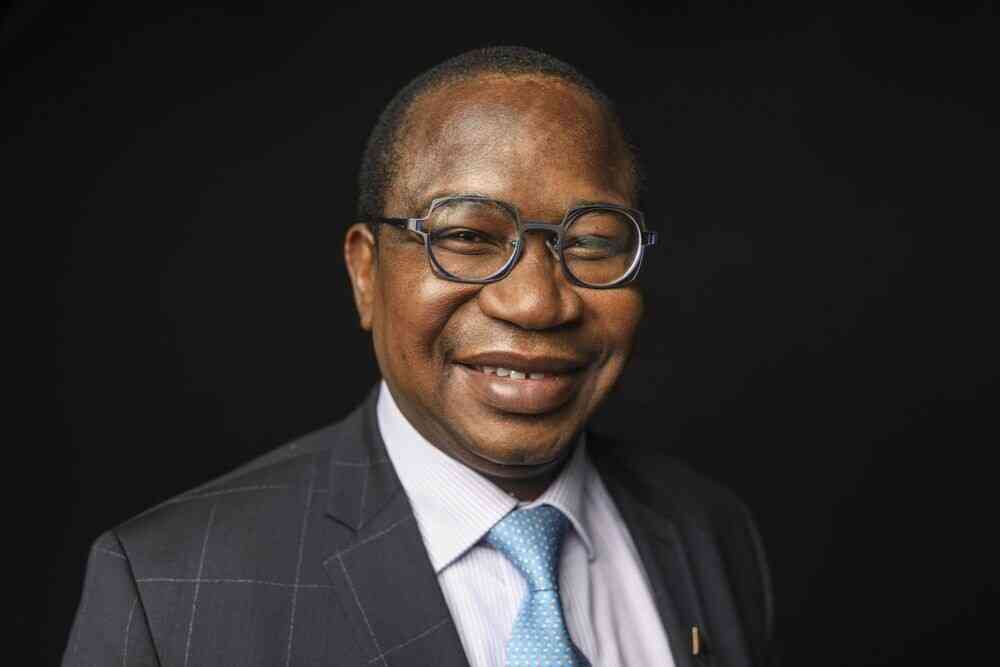Zimbabwe is ramping up its efforts to resolve its national debt and arrears, a move that is considered vital for unlocking access to crucial external financing.
According to Finance Minister Professor Mthuli Ncube, this funding is essential for the government to implement key long-term projects outlined in the upcoming National Development Strategy 2 (NDS2), which begins in 2026.
Minister Ncube highlighted the “tremendous progress” made since late 2022 through the Structured Dialogue Platform, which was created by President Mnangagwa. This platform brings together creditors and development partners to discuss economic and governance reforms. The dialogue focuses on three main pillars:
- Economic growth and stability reforms.
- Governance reforms.
- Land tenure reforms, including bankable 99-year leases, compensation for former farm owners, and the resolution of Bilateral Investment Protection and Promotion Agreements (BIPPAs).
The minister noted a growing sense of trust and confidence among stakeholders, underscoring the transparency of the consultative process. He emphasized that the government remains fully committed to achieving its goal of securing new, concessional external financing to meet its development objectives and achieve Vision 2030.
Permanent Secretary for the Ministry of Finance, Mr. George Guvamatanga, echoed these sentiments, stating that resolving the country’s debt is a top priority. He stressed that a clear roadmap for arrears clearance is in place and that the government will continue to collaborate with all stakeholders.
Both Minister Ncube and Mr. Guvamatanga pointed out that the success of this debt resolution process is not only for the government but also for the private sector, which is a key driver of economic development. Resolving the debt challenge is expected to remove hindrances that currently prevent the private sector from accessing long-term capital, thereby enabling job creation and innovation.
As of the end of December last year, Zimbabwe’s total public and publicly guaranteed debt stood at US$21.5 billion, representing 47.1% of the country’s GDP. This includes US$13.2 billion in external debt and US$8.3 billion in domestic debt.
- Bilateral creditors are owed US$6.2 billion.
- Multilateral creditors are owed US$4.8 billion.
The external debt also includes US$2.2 billion of Reserve Bank of Zimbabwe liabilities that were taken over by the Treasury. Of the multilateral debt, arrears and penalties amount to US$2.6 billion, with the largest portion owed to the World Bank (US$1.6 billion).
Ongoing Dialogue and Future Plans
The Structured Dialogue Platform Booklet, a comprehensive resource detailing the process and progress, was launched to document the journey. Discussions with the International Monetary Fund (IMF) are ongoing, with the goal of finalizing a Staff Monitored Programme in the coming months of 2025.
In terms of land compensation, the government allocated US$20 million in the 2024 National Budget for BIPPA farmers. Last December, US$18.2 million was paid out to 85 of the 94 approved farms, with the remaining nine set to be paid once their documentation is complete.
The Structured Dialogue Process is supported by a US$4 million grant from the African Development Bank (AfDB) through the Support for Arrears Clearance and Governance Enhancement (SACAGE) Project.

For comments, Feedback and Opinions do get in touch with our editor on WhatsApp: +44 7949 297606.
